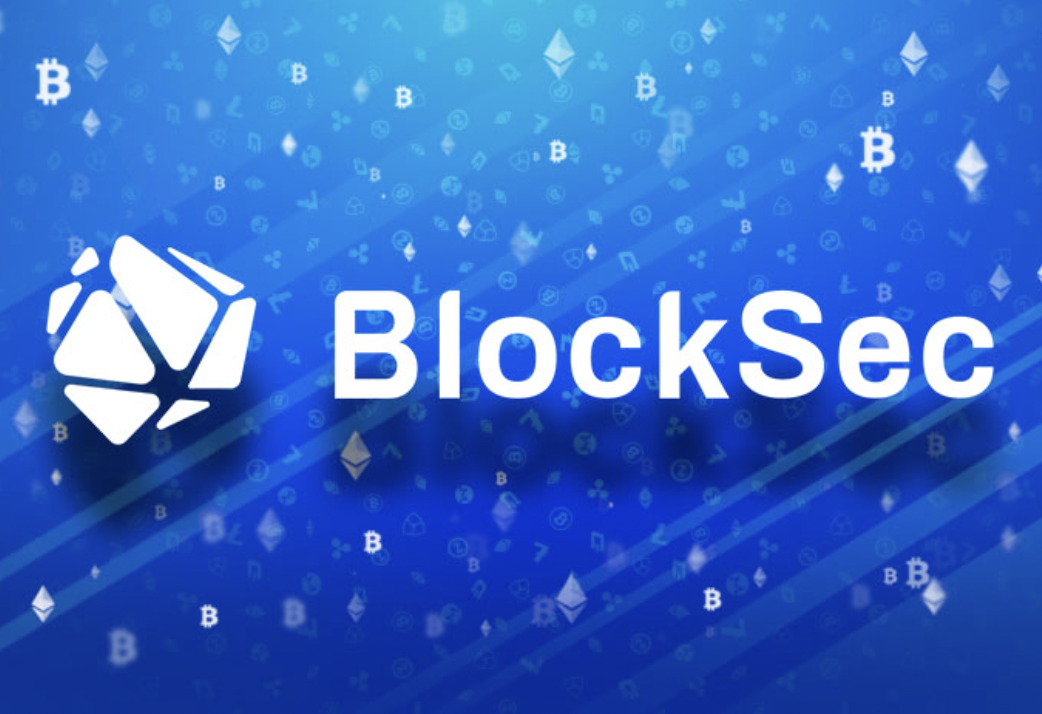BlockSec, a blockchain security tech firm, has just released a new toolkit called “Phalcon Fork,”
This which allows developers and security researchers to test, analyze, and debug transactions using private chains “forked from arbitrary (transaction) positions” and block numbers on the Ethereum mainnet.
Phalcon Fork aims to provide greater control over work being conducted on testnets, enabling the retention of certain “services and states” from the Ethereum mainnet.
Compared to traditional solutions like Goerli, Phalcon Fork offers several advantages, such as retaining services and states from the mainnet and maintaining full control over block information.
Users can also use snapshots to save certain blockchain positions and revert back to them at will during their testing processes. Additionally, Phalcon Fork comes with an integrated faucet that provides users with free fork network Ether to conduct transactions on private chains.
Phalcon Fork provides a remote procedure call node called Fork RPC, which allows users to directly interact with the chains and execute transactions. Fork RPC can be integrated with Ethereum Virtual Machine-compatible development frameworks such as Hardhat, Foundry, Remix, or added to MetaMask.
Currently, users can only fork from the Ethereum mainnet, but future support for additional blockchains, such as the BNB Smart Chain and Arbitrum, has been teased.
Blocksec Toolkit
April has been a significant month for Ethereum developers, with the highly anticipated Shapella hard fork going live on the Ethereum mainnet without a hitch on April 12.
The upgrade enables Ethereum validators to withdraw staked ETH from the Beacon Chain. Ether has gained roughly 12% since April 12, to sit at $2,092 at the time of writing.
